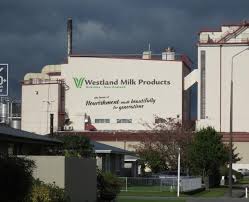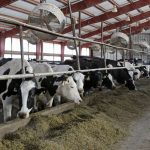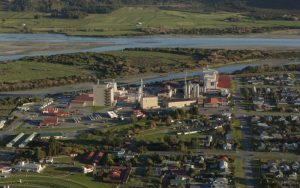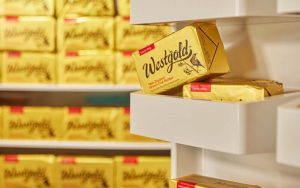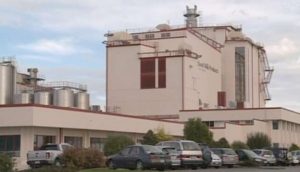
In March, Westland Co-operative Dairy Company announced it had signed a conditional agreement to sell the co-operative to a subsidiary of Mongolia Yili Industrial Group in a deal worth $588 million.
The transaction was subject to shareholder approval and a vote was scheduled for July 4. If approval was obtained, the transaction would occur on August 1.
In ANZ’s latest New Zealand Dairy Update, Ms Kilsby said farmers would receive a share price of $3.41, representing a cash injection into their hands in the vicinity of $245 million.
The co-operative’s 429 shareholders would receive, on average, $572,000 from the sale of their shares.
Even if a large share of those funds was used to repay debt, the multiplier effect of spending radiating through the local economy from the gain from the sale of shares would positively impact the local economy to the tune of about $280 million.
The sale would provide timely income for farmers who had struggled to recover losses incurred during the downturn, as Westland’s milk price had been well behind that paid by other New Zealand dairy companies in recent years, she said.
A strategic review last year found Westland had little option other than selling the business if it wanted to deliver a fair milk price to its suppliers.
The company did not have sufficient capital and its high debt levels were crippling its ability to operate profitably, she said.
The funds would allow farmers to pay down debt and carry out necessary capital expenditure such as upgrading systems to meet tightening environmental standards.
Dairy farming accounted for about 11.7% of the West Coast economy, while the dairy processing sector accounted for a further 2.1%.
Following the decrease in mining activity on the Coast, the dairy sector now contributed more to the West Coast economy than any other sector.
Jobs on dairy farms and employment in the dairy processing sector accounted for 9% of total employment in the region. The West Coast needed a strong dairying sector in order to prosper, Ms Kilsby said.
The real value of the Westland deal was not confined to the share payment but also the certainty that the terms of supply brought. That certainty would help bolster confidence in the sector and stabilise farm values, she said.
The deal guaranteed the milk produced by all existing suppliers would continue to be collected for the next 10 years.
All existing Westland suppliers would be paid a milk price equivalent to or higher than Fonterra’s farmgate milk price for the next 10 seasons.
In the past three seasons, Westland’s milk price had trailed Fonterra’s by an average of about 75c kgMS.
If Westland had been able to match Fonterra during the past three seasons, dairy farmers would have received an extra $140 million over that time, she said.
The sale required High Court and Overseas Investment Office approvals but it was unlikely they would not be granted, due to Yili’s existing track record operating the Oceania Dairy plant, just north of Glenavy.
